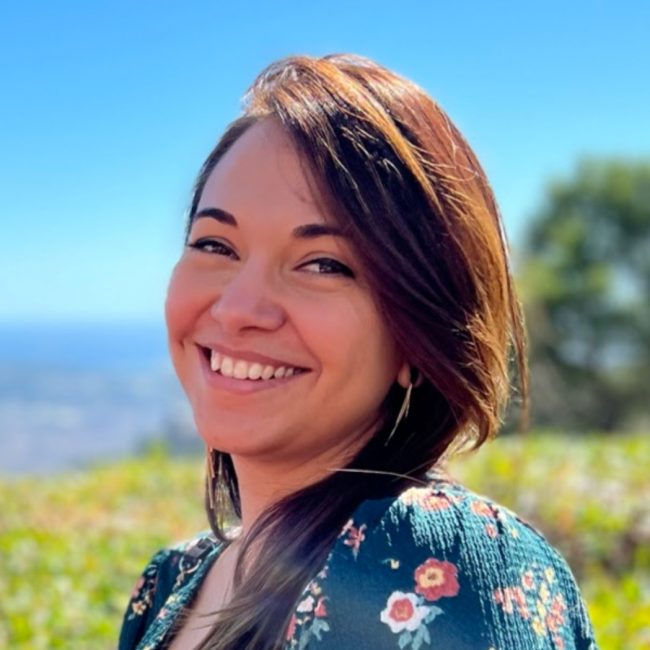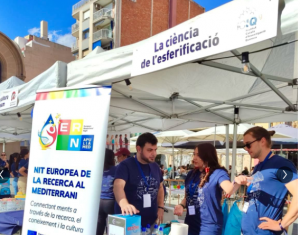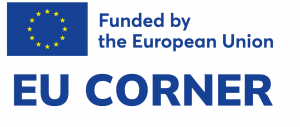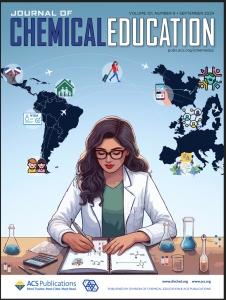Karen obtained her PhD from Sorbonne University in Paris, where she specialized in organometallic and radical chemistry under the guidance of Dr. Alejandro Perez-Luna and Prof. Franck Ferreira. She then joined the Institute of Chemical Research of Catalonia (ICIQ) as a COFUND I2:ICIQ Impulsion Postdoctoral Fellow. At ICIQ, she joined the groups of Prof. Pablo Ballester and Prof. Marcos G. Suero, contributing to advancements in supramolecular catalysis and physical organic chemistry. Her fellowship also included a research stay at the University of Cambridge, where she worked with Prof. Robert Phipps on innovative research in photocatalysis and asymmetric synthesis. In 2024, Karen commenced her Marie Curie Postdoctoral Fellowship at ICIQ in the group of Prof. Marcos G. Suero. Her current research focuses on the late-stage functionalization of drug molecules, with the goal of driving innovation in drug design and synthesis
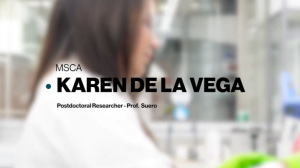
ICIQ Women in Science: Spotlight on Dr. Karen de la Vega
Today ICIQ Women in Science present us Dr. Karen de la Vega, a Marie Skłodowska-Curie Actions (MSCA) fellow at the Institute of Chemical Research of Catalonia (ICIQ), working in Prof.Suero’s
